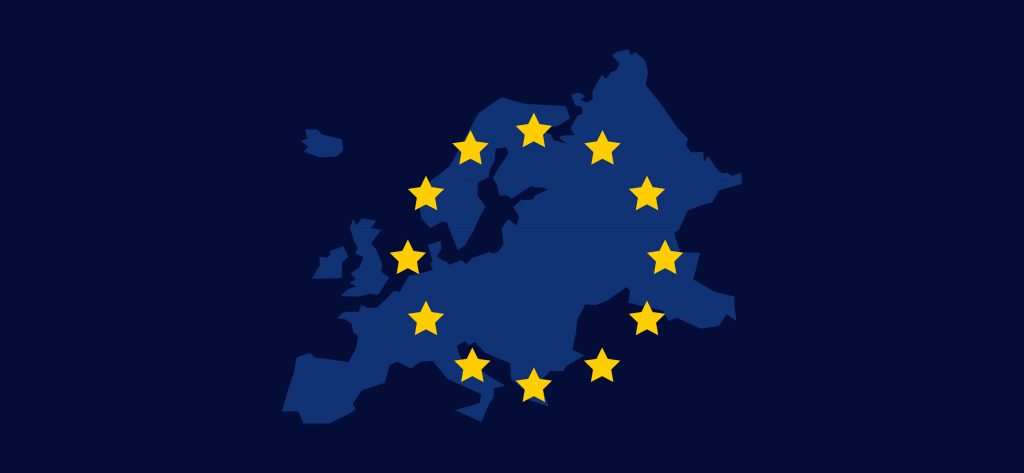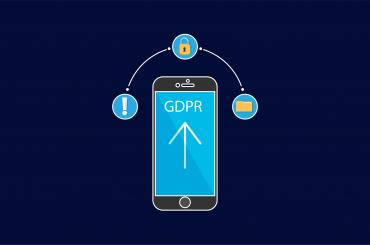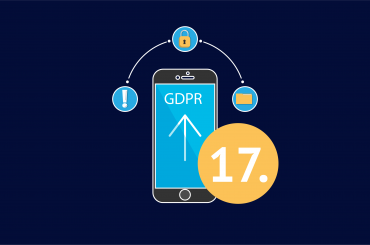The General Data Protection Regulation protects the right to be forgotten in the EU. This provides the conditions in which a data subject can request the removal of information. The right is available in all the countries within the European Union.
This article discusses everything you need to know about the right to be forgotten in the EU.
Contents
Is there a Right to Be Forgotten in the EU?
The right to be forgotten in the EU is provided by Article 17 of the General Data Protection Regulation (GDPR). This is also known as the right to erasure. As per this, every individual has a right to request erasure for information about them.
The right to be forgotten can be exercised in the following conditions:
- The individual’s personal data is no longer necessary for the purpose for which it was originally collected.
- The data was collected on the basis of the individual’s consent, and the individual has now withdrawn consent.
- There is no legitimate interest in the collection of the individual’s personal data.
- The data is being used for the purpose of marketing and the individual objects to such use.
- The personal data was collected in an unlawful or illegal manner.
- The law or any legal ruling prohibits the collection of personal data of the individual.
- The personal data belongs to a child.
If these conditions are met, then an individual can request the removal of personal data. Simply put, they can exercise the right to be forgotten in the EU. However, the organization collecting the data can refuse to erase information on the following grounds.
- Sharing the information is within the right to freedom of speech and expression of the organization.
- The information is shared to comply with a legal order or law.
- The data is being shared to protect the larger public interest.
- Processing of the data is necessary for supporting scientific research, historical research, public interest or statistical purposes.
- The information is required for settling legal claims.
This is done to balance the right to be forgotten in the EU. An individual cannot request the erasure of any data available against him. This is because the organization sharing the information also has rights that need to be protected.
How to Exercise Right to be Forgotten in the EU?
The right to be forgotten in the EU can be exercised by submitting an online request. There is no standard template for submitting this request. You need to ensure that the following information is present in the request submitted by you:
- Personal details of the person submitting the form. This includes full name, address, contact number and email address.
- If the individual submitting the form is not the data subject, then additional details of the data subject.
- Proof of identity and proof of address for both the data subject and the person submitting the form. This can be in the form of government-issued ID, bank statement, utility bill, etc.
- Reason for exercising right to be forgotten. The reason should be selected from the abovementioned list.
- Exact details of the information that you wish to erase.
The organization has a right to defend itself. It can argue that the processing of data is necessary for the public interest, legal duties, scientific development, etc.
FAQ
-
What is the EU’s right to be forgotten law?
The right to be forgotten in the EU provides individuals with an opportunity to erase information about them. This can be for a wide range of reasons specified under Article 17 of the GDPR.
-
What is the GDPR right to be forgotten?
Article 17 of the GDPR provides a right to erasure of the right to be forgotten in the EU. As per this, the data subject controls the online information about them.
-
Is the right to be forgotten a human right?
The right to be forgotten in the EU is a human right. This is covered under the broader right to privacy.
-
How do I exercise the right to be forgotten?
You need to submit a request for the removal of information. This should include your personal details, proof of identity, and the details of the information you wish to be erased.





